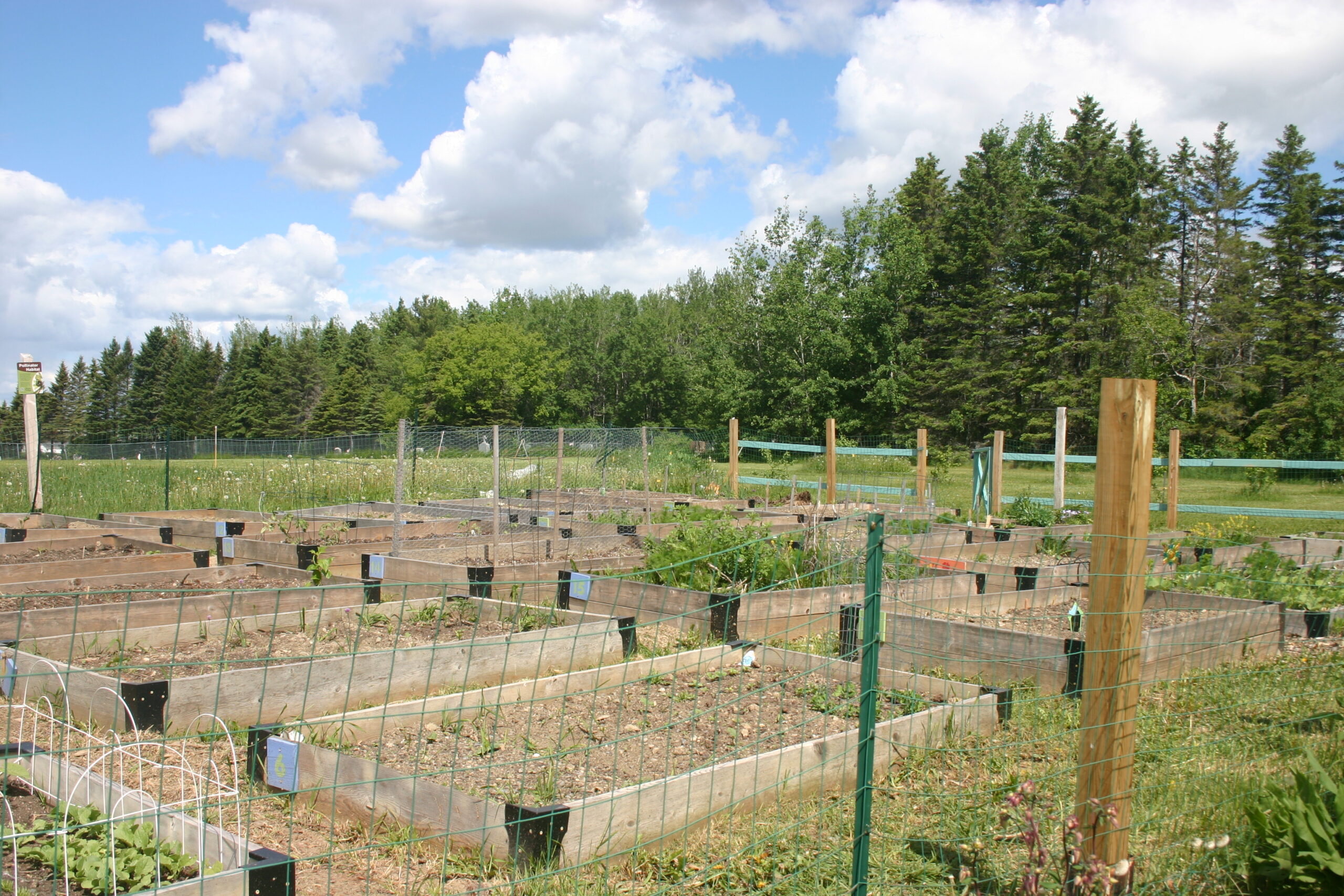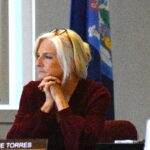
PRESQUE ISLE, Maine — In a spring when winter keeps refusing to go away, many local gardeners are itching to dig in the dirt. And that may prove to be an even richer balm to the soul in this year of social distancing and COVID-19 precautions.
Along with Gov. Janet Mill’s April 2 Stay Healthy at Home directive, the state offers a list of essential businesses which includes garden stores and greenhouses, as well as hardware and home supply stores.
Gary Fish, state horticulturist with the Maine Department of Agriculture, Conservation and Forestry, said Wednesday that state officials hope residents will engage in gardening this spring.
“We are encouraging folks to start their own gardens to help make up for any food insecurity or lack of fruits and vegetables they may be suffering,” he said.
People should maintain all the necessary precautions that they do with any other stores: wearing a mask, avoiding handling items they don’t plan to buy and keeping the required six feet from employees and other customers.
“We do ask that people engage the businesses that they plan to visit prior to their visit and find out if they can pre-order and pay online, and to see if there might be curbside pickup available. Also, to have only one person go to the business for shopping or pickup,” Fish said.

These vegetable and herb seeds are among many that gardeners might choose as they think about spring planting. (Sam Schipani | BDN)
Randy Martin, executive director of the Central Aroostook Soil and Water Conservation District in Presque Isle, said both flower and vegetable gardening are allowed and encouraged.
“Gardening is good for the soul, particularly for County folks who just can’t seem to get a break from winter,” Martin said Wednesday.
“People who struggle from [Seasonal Affective Disorder] will benefit from being in the sun and fresh air. Caring for plants gives meaning to people’s lives and the satisfaction in helping them grow brings hope to anyone who may be struggling,” he said.
But are the plants residents might bring home safe, or is there a possibility of coronavirus contamination?
“Plants are in the same category as groceries,” Fish explained. “COVID-19 is more likely to persist on plastic pots than on the plants themselves, and the risks of disease transmission from the plants or the pots is low.”
He said there are no increased restrictions on plants across state borders, except the usual cautions regarding invasive insects and federally regulated pests.
“If people exercise caution they should be able to purchase virus-free plants for their gardens,” Martin said. “This industry promotes ‘buy local’.”
Martin recommends getting young people involved in gardening so they can learn skills that will be of future benefit.
“If people plant vegetables and can/freeze surplus, food shortages won’t be as pronounced,” he said.
For the past six years, the Presque Isle Community Garden on Birch Street has involved local families in growing their own vegetables. While it is on Presque Isle Housing Authority grounds, it’s a public space sponsored by the housing authority, Maine 4-H Foundation, Maine Master Gardener Development Board and Natural Resource Council of Maine.
“We really do consider it a community garden,” Jennifer Sweetser, executive director of the housing authority, said. “The garden is available to the public at, I think, $25 a plot for the season. We cover the cost for our public housing tenants, but anyone can use the garden.”
Sweetser said due to COVID-19 restrictions, organizers will likely schedule work times in order to limit the number of people there at one time. They may also provide communications and resources through Facebook with help from the Cooperative Extension.
“Hopefully with any luck, maybe by summer we’ll be able to interact with precautions in place,” she said.
The conservation district is also offering to help residents start their own gardens through its Victory Garden project, a nod to the grow-your-own-food movement to help increase food supplies during World War I and World War II, as well as to promote victory over coronavirus.
According to the district’s Facebook page, the art of food preservation has been lost on a whole generation. The CASWCD has partnered with the University of Maine Cooperative Extension and a local garden business to help residents plant their own food.
The district plans to offer video workshops on soil health, weed identification and control, pests and diseases, as well as discounted seedlings.
For information on starting a garden, contact the Presque Isle Housing Authority at 207-768-8231, or the CASWCD at 207-760-4602 or centralaroostookswcd@gmail.com.







